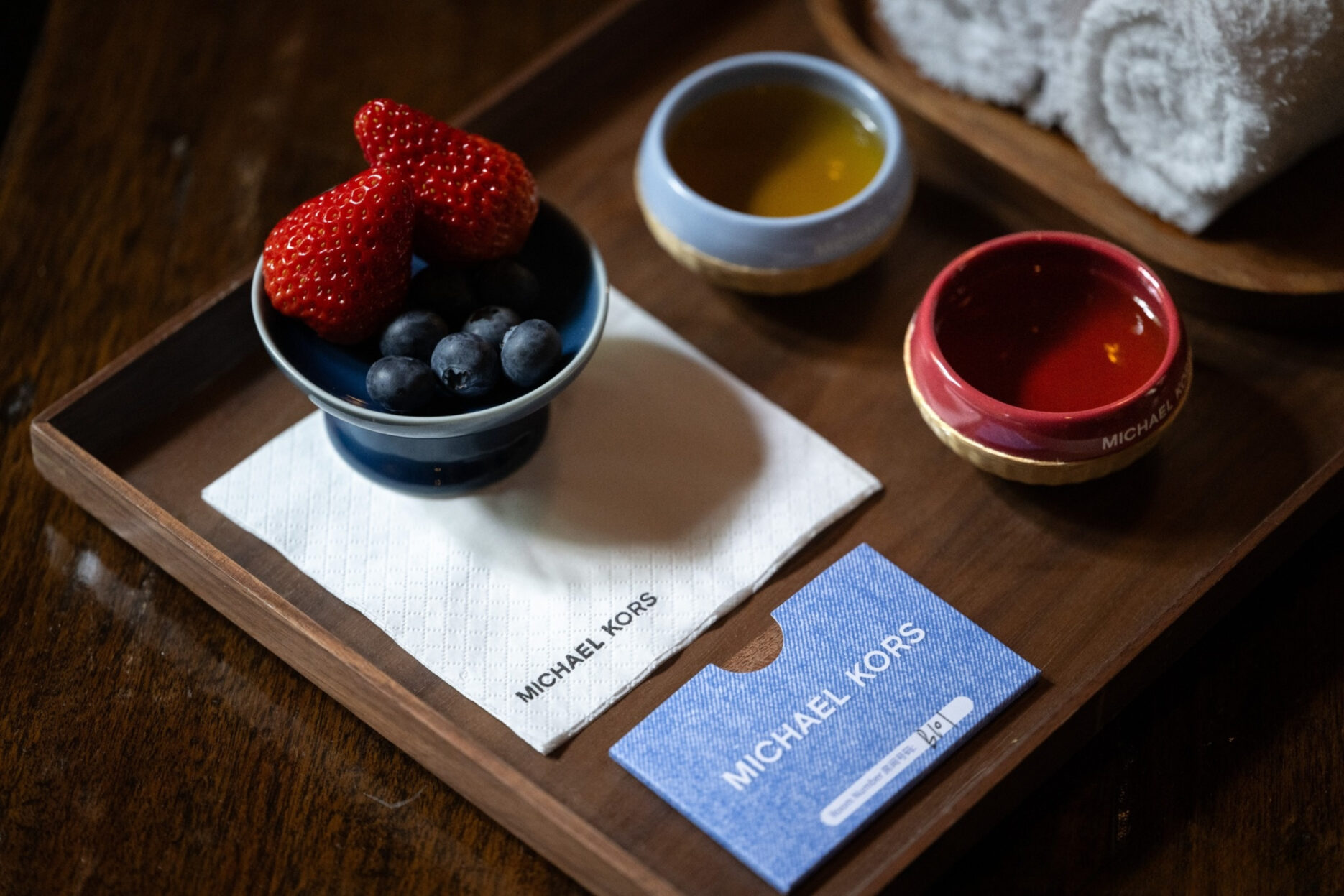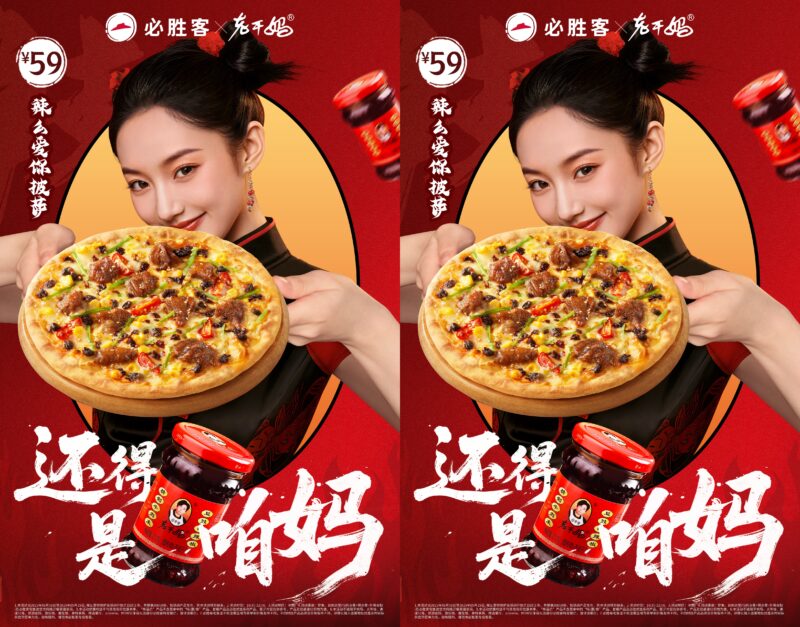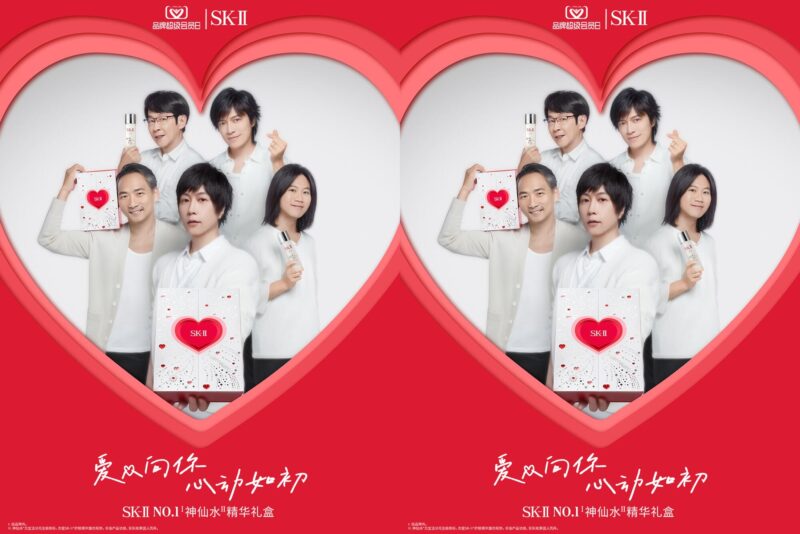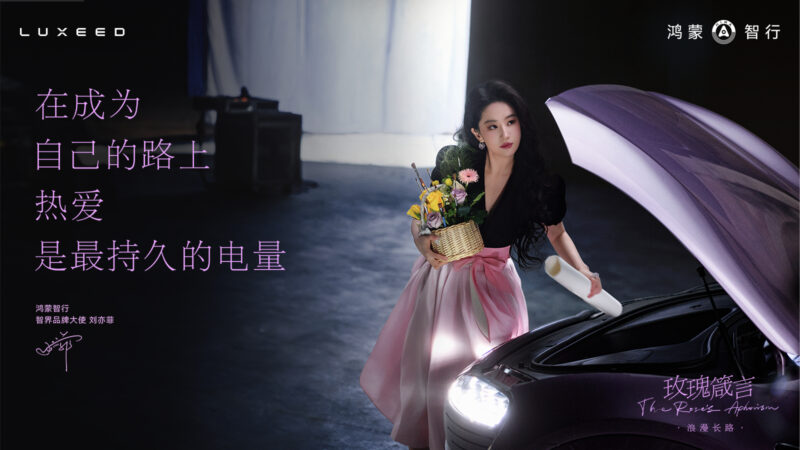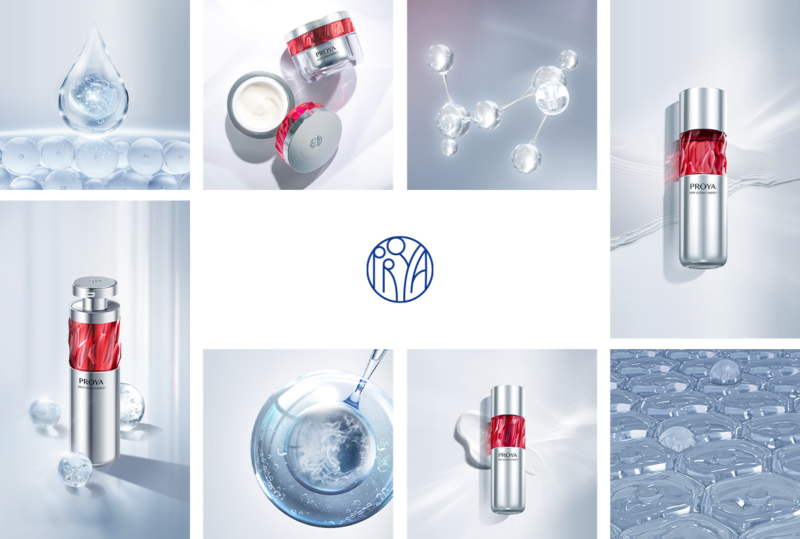Back in 2022, we speculated that there might be a wave of Chinese teahouses from luxury and fashion brands after every other brand opened a café. Cartier led the way in opening a teahouse in their Taikoo Li Chengdu flagship in the provincial capital of Sichuan, in Southwest China. After 3 years and countless coffee shops and cafés, is it finally time for Chinese teahouses to be the go-to pop-up campaign and experiential shopping format? Michael Kors and Adidas seem to think so, with each opening a pop-up teahouse this May Day Friday.
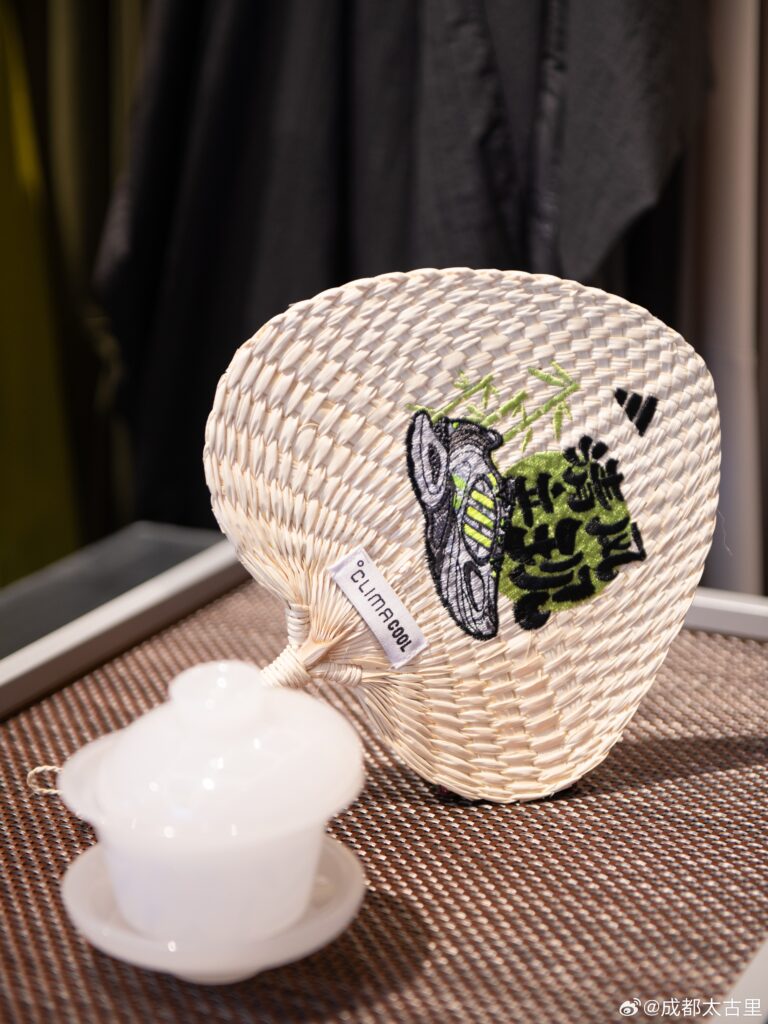
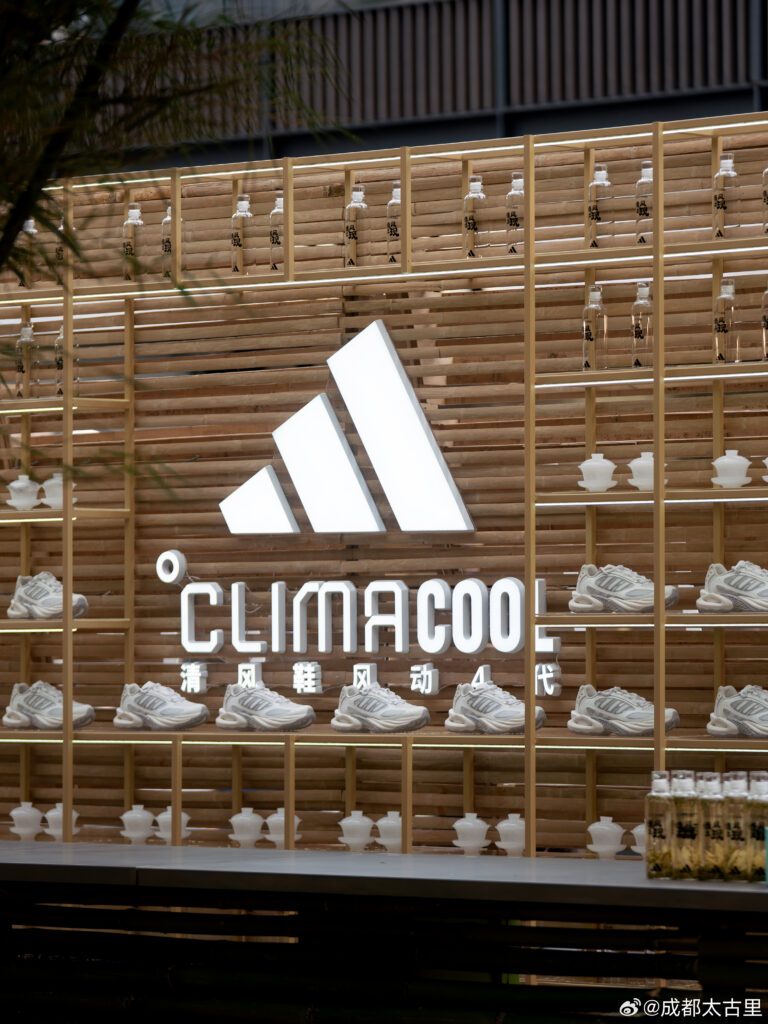
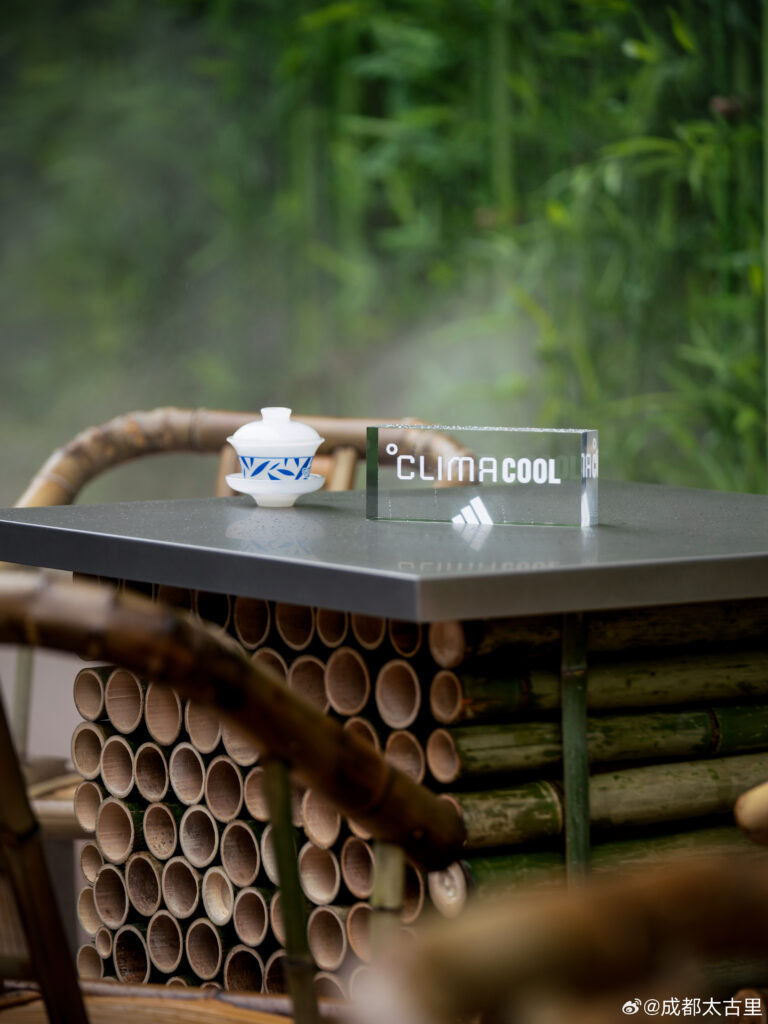

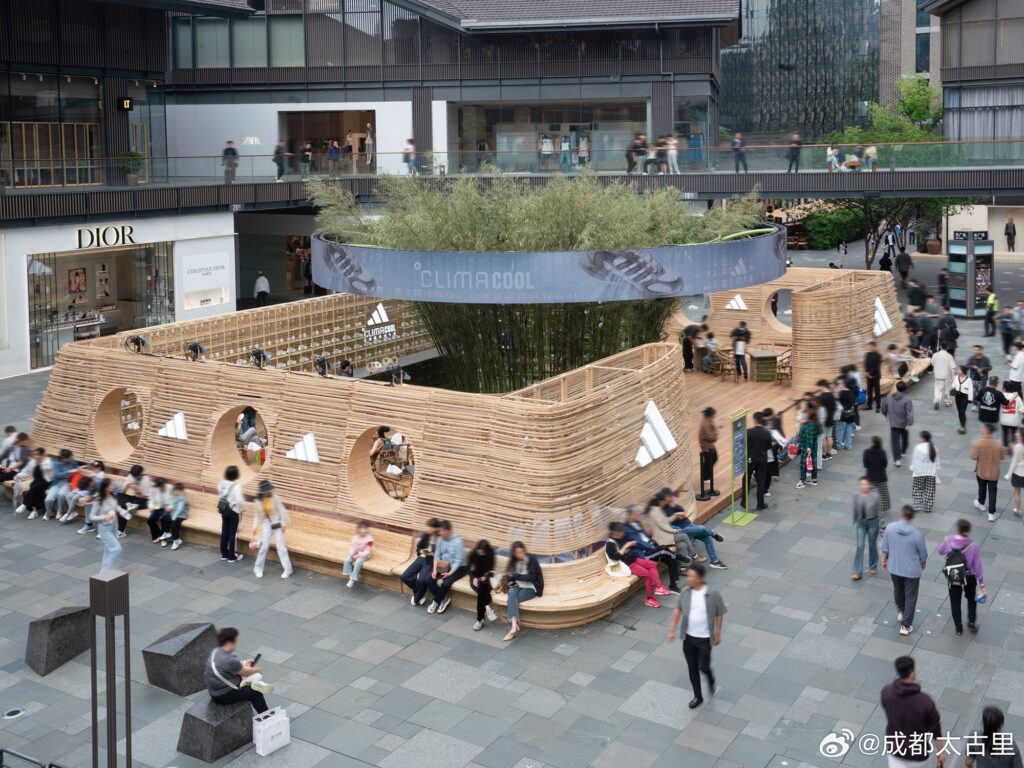
On 25 April, German sportswear giant Adidas announced that it had recruited Chinese actor Li Xian as its brand ambassador. On 29 April, the brand opened its pop-up teahouse at Taikoo Li Chengdu for its CLIMACOOL collection, especially the VENTO 4.0 trainers, whose colourway is inspired by Chinese tea. The space is decorated with bamboo art, with bamboo being a signature of Sichuan flora. Visitors to the teahouse also had a chance to win a traditional cattail leaf fan or a “gaiwan” (盖碗) tea set. The teahouse pays tribute to the “chill” lifestyle of Chengdu.
On the same day, American accessible luxury brand Michael Kors launched its teahouse and bar “伸个懒腰茶酒铺” (lit. Yawn) in Hangzhou to celebrate its new Jordi bag. The teahouse and bar are set inside the local FROMHER COFFEE coffee shop and lasted for 10 days. The pop-up is the first China stop of Michael Kors’s “Hotel Stories” and was a collaboration with the local designer hotel in Hangzhou, the Sisan 1934. The pop-up is said to pay tribute to Hangzhou’s relaxed lifestyle.
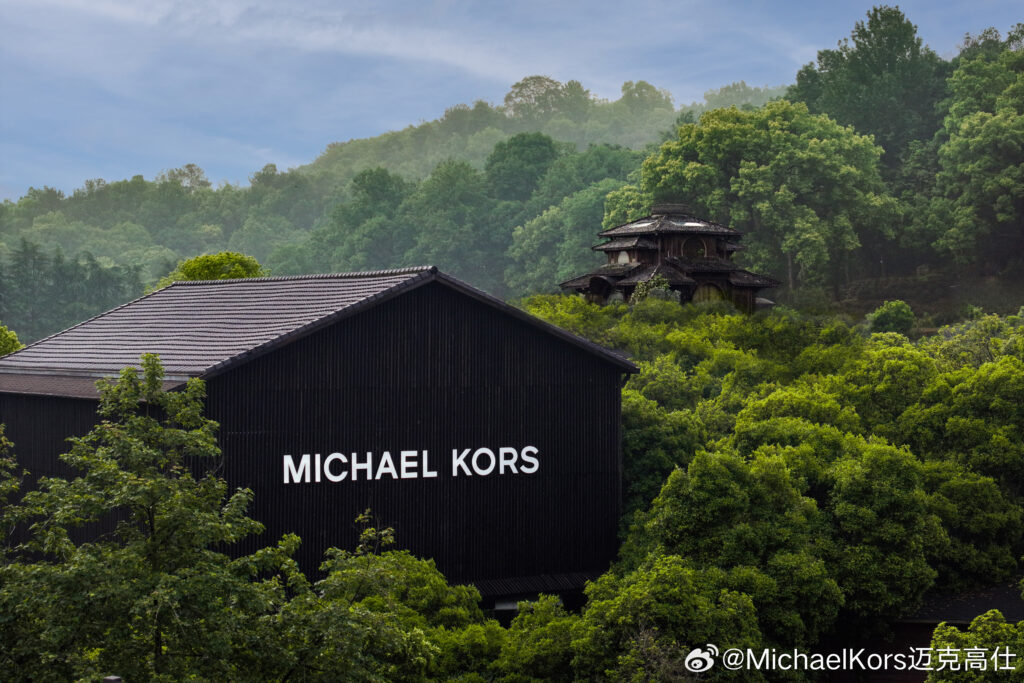

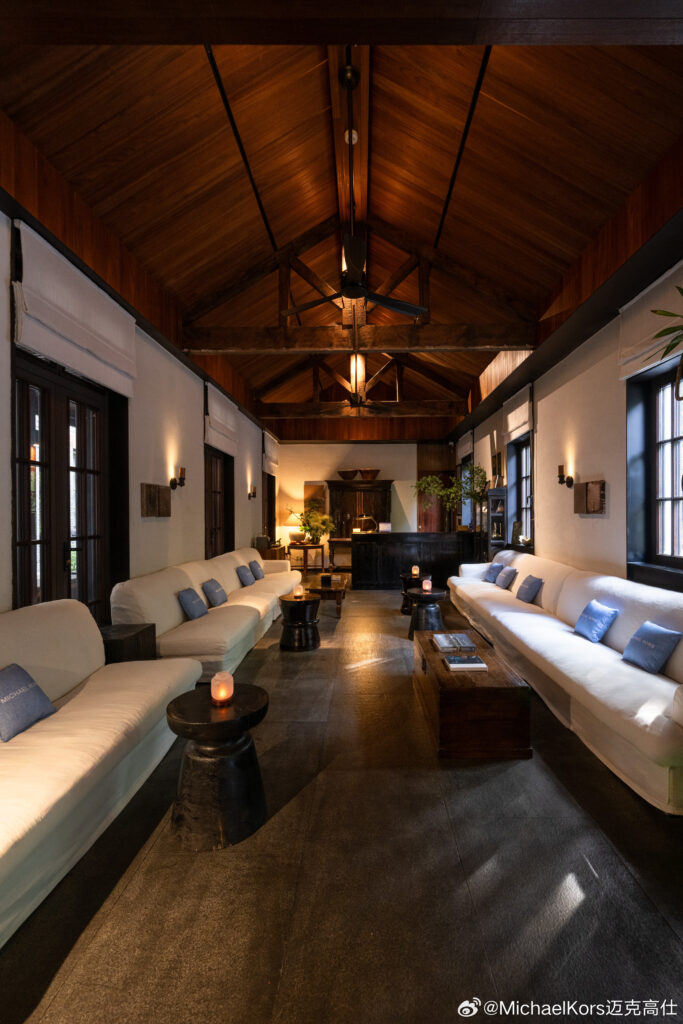
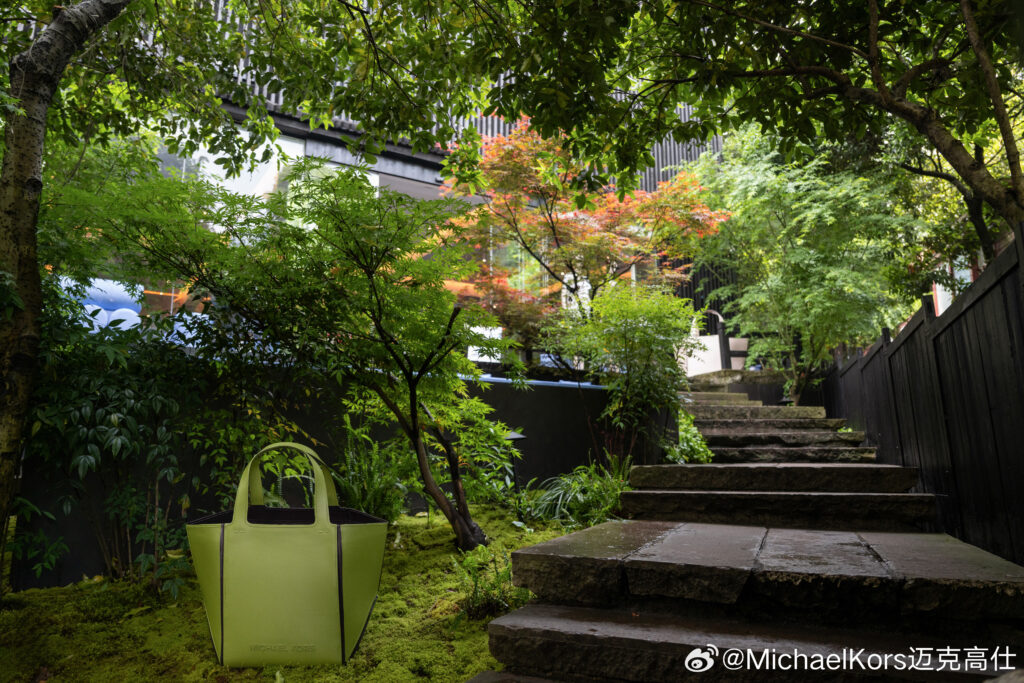
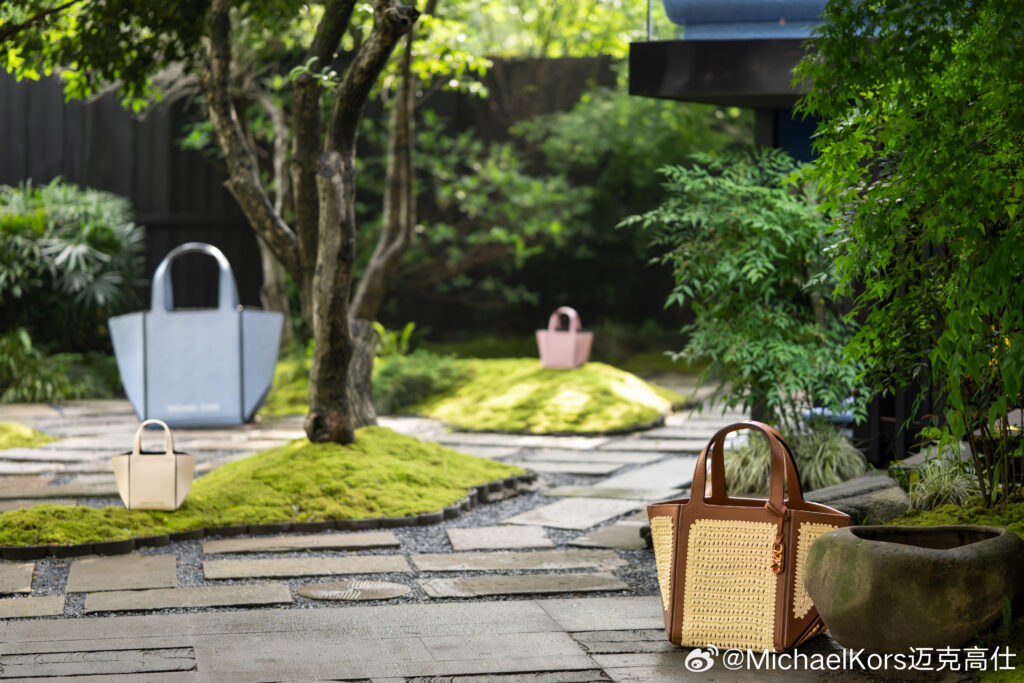
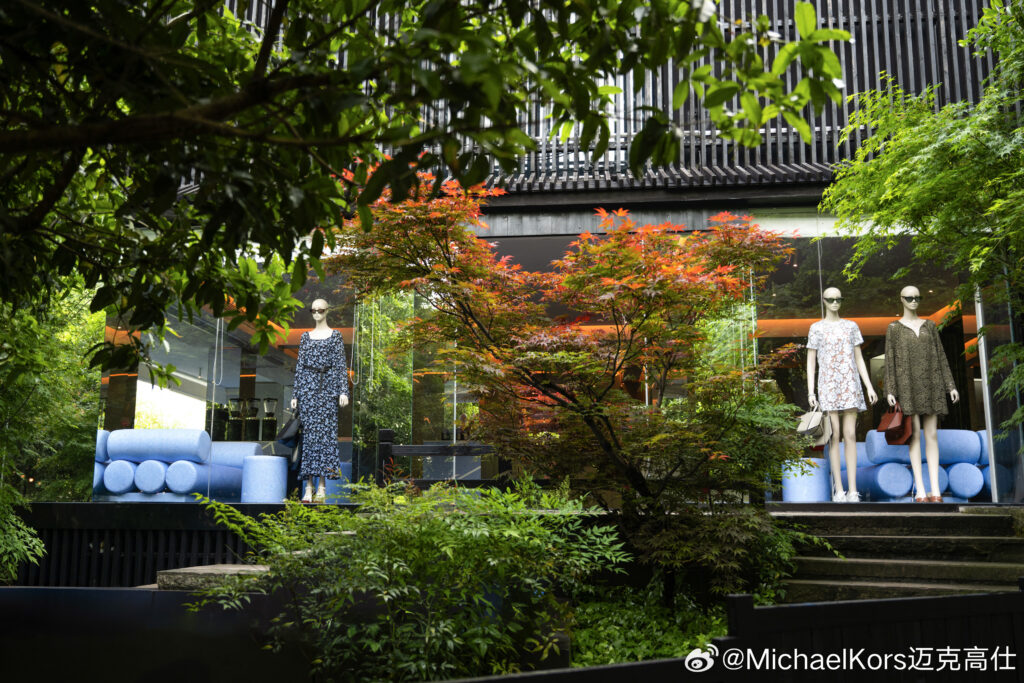
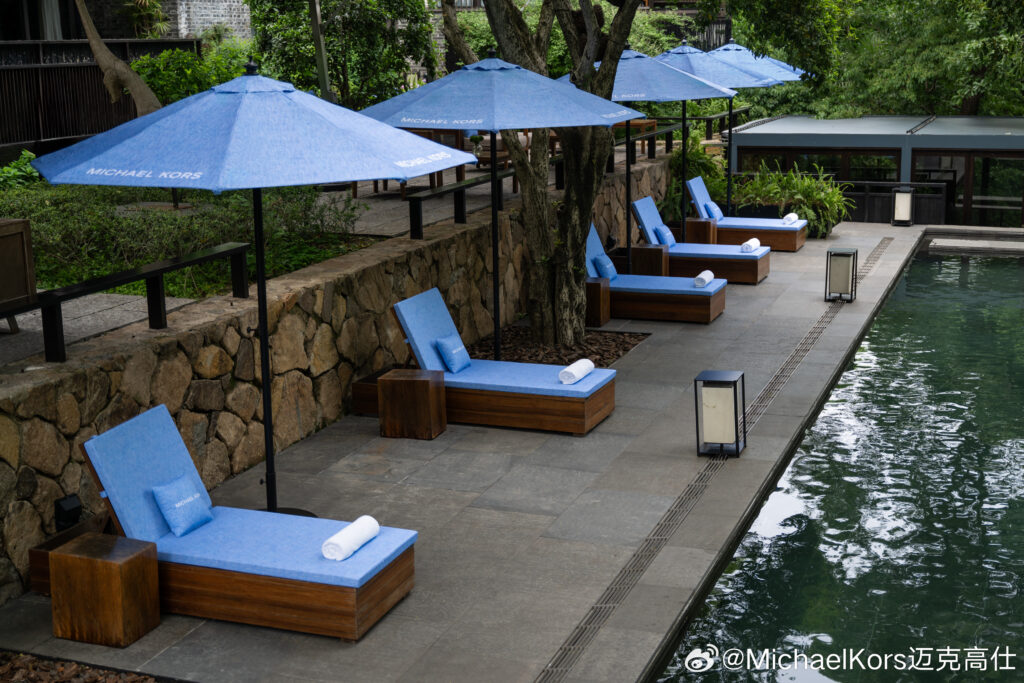
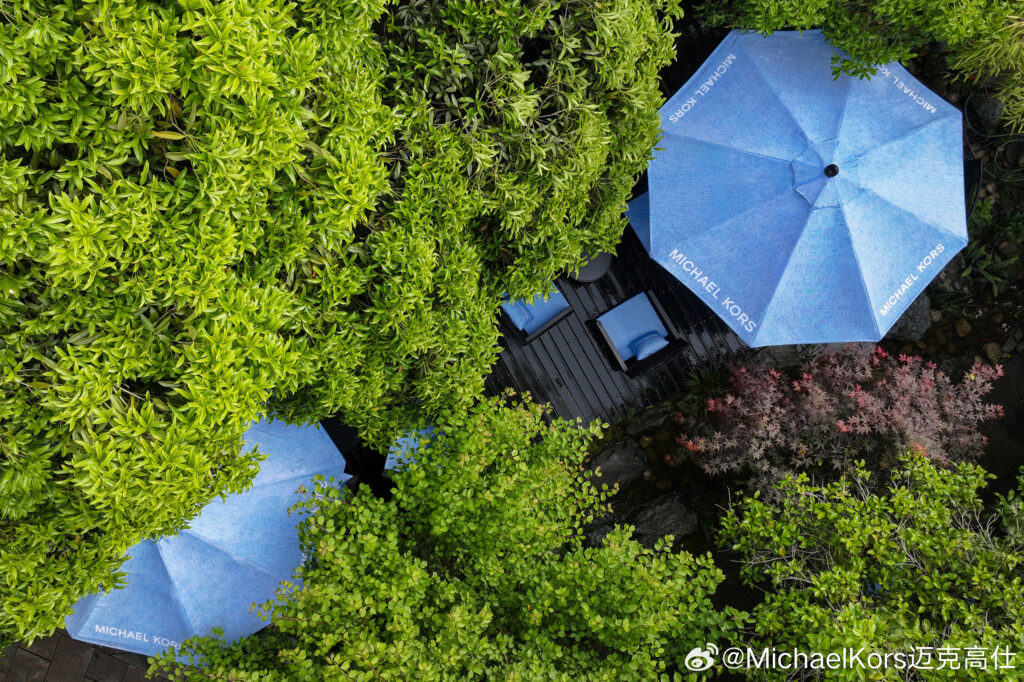
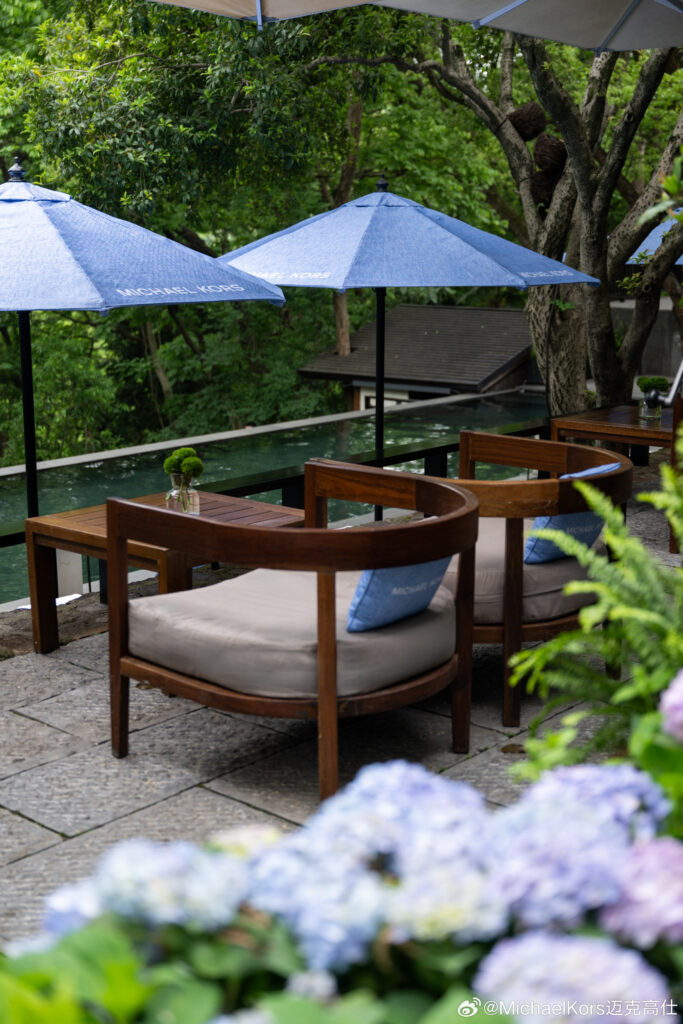
We also reported that the Spanish footwear brand Camper opened a pop-up teahouse in Chengdu in late March, to leverage the “slow lifestyle” of the city. Incidentally, Michael Kors brought a bistro to Chengdu last October, also because of the languid lifestyle. It seems that all the teahouse collabs are centred around “松弛感” (lit. chillax) that the younger generations are seeking and mostly hyper-localised to the cities they chose (more often than not, Chengdu).
Although it may look identical and be hard for brands to differentiate themselves, the same can also be said for café pop-ups. In fact, harnessing the coolness of cities like Chengdu and Hangzhou has already set them apart from all the cafés. With younger consumers seeking resonating messaging, emotional value, and guochao still being relevant, we might just see more Chinese teahouses from fashion brands.
Need to boost your China strategy? Dao Pro delivers bespoke insights on marketing, innovation, and digital trends, direct from Chinese sources. Find out more from our Dao Strategy Team here.




